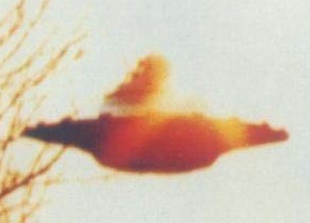Knowledge: Difference between revisions
Daniel Leech (talk | contribs) Created page with "Category:Meier Encyclopedia '''Knowledge:''' ''(simply is)'' the result of absolute logical insight in recognition of the truth.<ref>http://forum.figu.org/us/messages/13/4..." |
Daniel Leech (talk | contribs) No edit summary |
||
| Line 1: | Line 1: | ||
[[Category:Meier Encyclopedia]] | [[Category:Meier Encyclopedia]] | ||
{{Nonfigupublication}} | |||
<br><br> | |||
[[File:PPBMSTRAHLSCHIFF 092.jpg|thumb|310px|right|<small><small>[[Photo Gallery]]</small></small>]] | |||
'''Knowledge:''' ''(simply is)'' the result of absolute logical insight in recognition of the truth.<ref>http://forum.figu.org/us/messages/13/4224.html?1314576659</ref> | '''Knowledge:''' ''(simply is)'' the result of absolute logical insight in recognition of the truth.<ref>http://forum.figu.org/us/messages/13/4224.html?1314576659</ref> | ||
Latest revision as of 10:11, 29 January 2019
IMPORTANT NOTE
This article is not an official FIGU publication.

Knowledge: (simply is) the result of absolute logical insight in recognition of the truth.[1]
Knowledge acquisition involves complex cognitive processes: perception, communication, association and reasoning; while knowledge is also said to be related to the capacity of acknowledgement in human beings.
Knowledge is a familiarity, awareness or understanding of someone or something, such as facts, information, descriptions, or skills, which is acquired through experience or education by perceiving, discovering, or learning. Knowledge can refer to a theoretical or practical understanding of a subject. It can be implicit (as with practical skill or expertise) or explicit (as with the theoretical understanding of a subject); it can be more or less formal or systematic. In philosophy, the study of knowledge is called Epistemology; the philosopher Plato famously defined knowledge as "justified true belief". However, no single agreed upon definition of knowledge exists, though there are numerous theories to explain it.